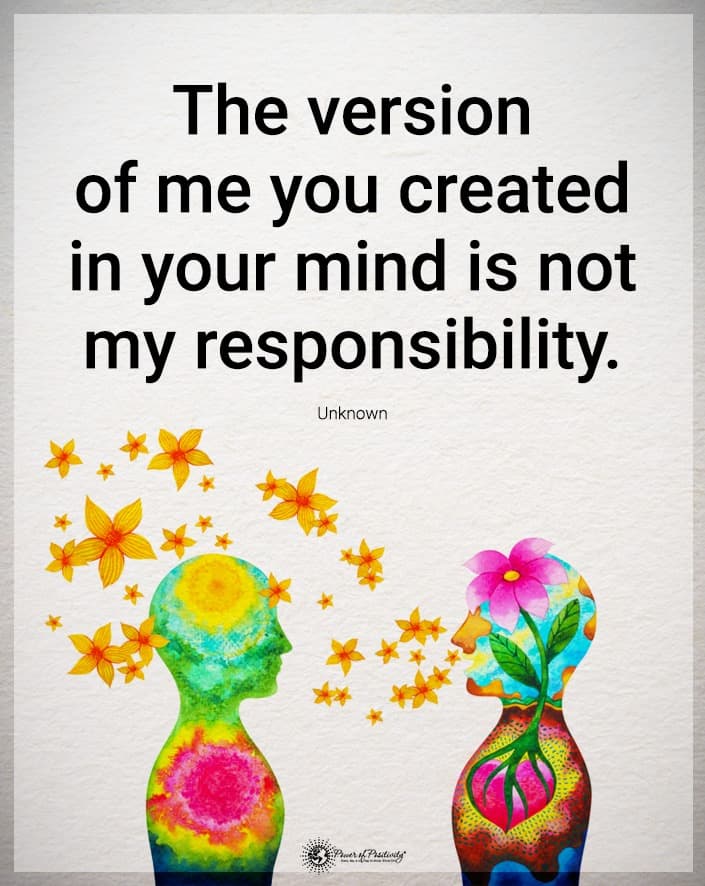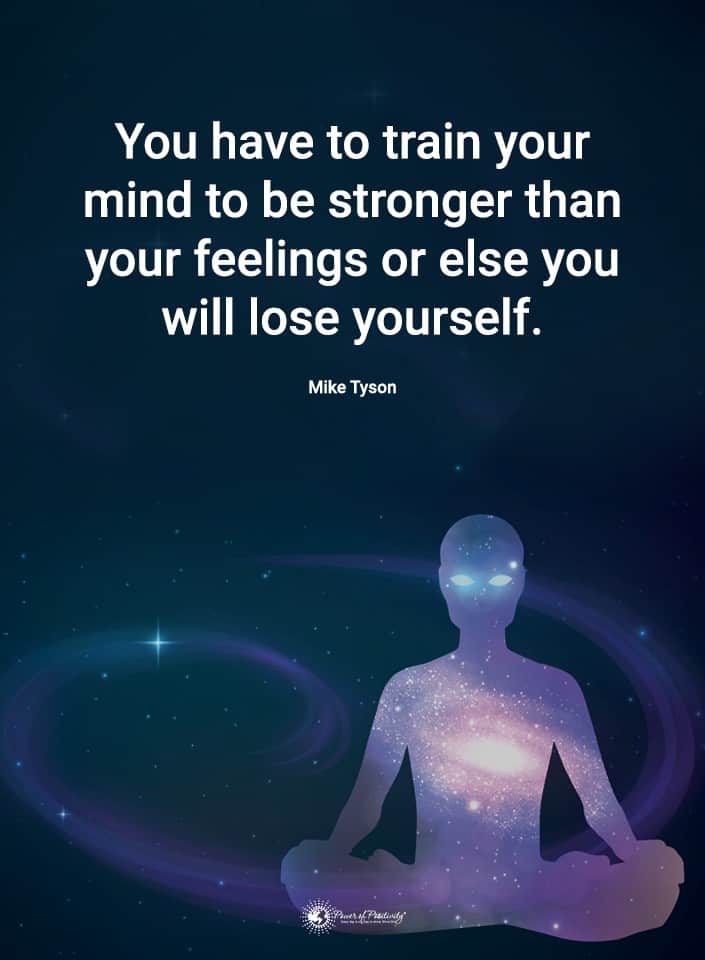In your life journey, your time is finite. It sounds morbid, but it’s true! You have a set amount of space every single day in order to do what you need to do. When you have big dreams and goals, that limit on your time can feel restrictive. You may feel like you never have the time to do the things you need and want! If this sounds like you, setting priorities is a must for you.
That’s where priorities come in. The exact meaning of a priority can differ from person to person, but the gist is pretty simple. Essentially, a priority is something that you put urgency and importance on. It’s the subject that holds your focus and it’s what you consider the most important thing above your many responsibilities.
Of course, there can be more than one priority for each person. More specifically, most individuals have a list of priorities, ranked in terms of how important they are. These priorities often also correlate to an internal set of values. They determine how you spend your time and what you’re willing to sacrifice if need be.
Setting priorities is a powerful tool when it comes to taking control of your life. When you know how to set your priorities, you’ll also be able to achieve better productivity and effectiveness. This is why this activity can be so crucial to reaching the success you seek in life! Here are six ways setting priorities can help you achieve your goals.
1. Setting Priorities Helps You Adapt
Priorities are not static things. Different points in your life will require different subjects of focus. If you learn to set good priorities, you’ll also get a lot of practice in adapting to new situations and life requirements.
Much like priorities, goals aren’t meant to be static. Unfortunately, not many people realize that! It’s a common thought that if you have a goal, you can’t change it or you’ll be abandoning it and giving up. But that’s not the case at all! The goals you made ten years ago were a reflection of the person you were then. The person you are now will likely have different visions of the future.
Being able to prioritize allows you to recontextualize your goals as and when you need to. When your life shifts in unpredictable ways, you’ll be rolling with the punches and learning more about what you want in life. You’ll be happy to make adjustments to your life and will handle destabilizing challenges from your journey in more positive ways.
 2. Setting Priorities Ensures That You Know Yourself
2. Setting Priorities Ensures That You Know Yourself
Your goals are a big deal to your future. If you don’t know yourself well enough, you won’t be able to make goals that are true to you. A lot of people make the mistake of deciding their dreams based on others. Luckily, priorities don’t often wind up in that situation, and here’s why!
You have to decide what’s most important to you. Things that don’t truly matter aren’t priorities – and in fact, they’re typically things that you can leave behind. You won’t wind up deciding to prioritize something that you don’t truly want.
You need to be honest with yourself if you want to prioritize in a positive way. Lying to yourself won’t truly allow you to set genuine priorities. “Fake” priorities will fall apart pretty quickly, and you won’t be able to ignore that.
Prioritization means being able to learn and self-reflect. We’ve already said that as time goes on, your priorities will shift and change. You can only properly adapt to these factors if you’re practicing healthy and mindful reflection.
3. Setting Priorities Lets You Think Ahead
Making goals short-sightedly is almost sure to result in a bunch of bad expectations and disappointment. While your goals do need you to dream big, they also need you to maintain some degree of realism. Being able to plan ahead lets you properly set long-term goals and outline steps to achieve them.
Setting priorities is one fantastic way to ensure that you’re thinking ahead. In order to determine what is best for you, you need to use critical thought. You’ll have to place yourself in the shoes of a future you and decide what would be best for them. This kind of thought allows you to determine what to go for first.
This ability to look ahead also lets you put some metaphorical space between yourself and your goals. The resulting “distance” allows you to view your ideas with a critical, third-party eye so you make more rational choices.
4. Setting Priorities Gives You Positive Step-By-Step Management
Goals consist of more than just one big dream. They are often made up of smaller, more short-term goals. These little steps help you work your way towards your desired end result in a reasonable way. But how can you ensure that those small steps are actually effective and helpful? Well, prioritization can help you!
Sometimes, goals can get stifled by a tendency to do tiny things first. Instead of tackling large but necessary steps, you’d rather fiddle with little fusses that have less of an effect. This can happen because:
- Finishing small things gives you a reward of the feel-good hormone dopamine. You become conditioned to that rewarding mood boost. As such, you keep doing things that’ll get you that reward the fastest.
- You feel the need to be visibly productive all the time, and small tasks let you feel more productive. Even if it’s not really productive, the feeling of business can trick you into believing that it is.
- Big tasks and steps are much more overwhelming and can seem daunting. It can feel safer to stick to the smaller things, even if the big things aren’t that hard.
 Why Failing to Set Goals Doesn’t Work.
Why Failing to Set Goals Doesn’t Work.
Why? Think about trying to pack a suitcase. If you fill it with tiny little things, you won’t have space to put bulky items. The same happens with steps towards goals. If you burn yourself out on small tasks, you won’t have the energy for the more important ones!
Prioritization gives you the chance to tackle big and necessary things over small ones. It also allows you to balance them. You’ll fill your metaphorical suitcase with the first few big items. Then, you’ll fill in the gaps between them with small items. You’ll take a break and then repeat the process for the next layer of “packing”. This is a positive way to get things done and is more likely to be a success for your goals!
Doing the hardest step first ensures ease when you’re turning your attention to simpler steps. You’re able to willfully assign challenging tasks to yourself for the sake of getting them over with. It can sound like a drag, but it’s a good way to get real about the effort needed for your goals.
Very few goals in life are going to come easy. There’s a lot of work that needs to be put into bringing them to fruition. A fair amount of that work will be things that are tricky and even overwhelming. It’s easy to simply never do those things, practicing avoidance and ending up with unfulfilled goals.
Learning to prioritize breaks this cycle and replaces it with positive thinking. You’re willing to work through the hard stuff in order to get to better days. This combination of motivation and commitment will be a great help to your performance, according to studies.
5. Setting Priorities Prevents Distractions
Distractions are a huge goal-killer. If your mind and eye wander and leave your attention somewhere else, your goals remain stagnant. After all, goals require constant work, and you need to do things every day that move you in the right direction. You can’t do that if your focus simply isn’t there.
Priorities allow you to skip past distractions and keep your concentration on the things that truly matter. Things that can be classified as “distractions” get put low on the list of priorities. You’ll be used to doing important and urgent things first, leaving the rest for a future time. This doesn’t mean you’ll never do them – just that they’ll come after what matters most.
Some distractions also make good rewards. For example, going to watch a movie isn’t a priority and shouldn’t come before the more important things in your day. But it does serve as a good reward. Once you finished up the priorities you have on your list, you’re free to enjoy that film at your leisure!
This can create a very rewarding and positive system for working on your goals. You get to give yourself pats on the back for each short-term accomplishment. Those well-earned self-congratulations are important for maintaining intrinsic motivation and can encourage you to keep going!
6. Setting Priorities Gets You Used To Baby Steps
When you’re used to prioritizing, you’re also used to taking action in positive ways. You don’t let ideas and thoughts lie dormant. You act on them and come up with plans to get them done. That’s also part of what healthy and productive goal-setting and work are all about! Forward momentum is always needed. But how much is necessary?
That’s an aspect that goal-setters often overlook: it’s okay to take things slow. We’ve talked about the need to work step by step and to do the big things first, true! But there doesn’t have to be a rush to do them all in one go, especially if you’re trying something unfamiliar. Prioritizers know how to set priorities based on how much time it will take to complete something, too!
Being kind to yourself and using positive thinking to help you work through challenges is crucial to long-term success. No one wants to burn out right away. Set high standards for yourself, but be reasonable. You’ll face challenges and hurdles throughout your journey, but it’s not a race! All you have to do is not stop moving and trying, even if the steps you take are small. As long as you keep yourself going, you’re heading for your goals!
 Final Thoughts On Some Ways Setting Priorities Can Help Us Achieve Goals
Final Thoughts On Some Ways Setting Priorities Can Help Us Achieve Goals
Priorities are useful ways to keep your tasks in line, but they’re also really great for managing goals! If you can harness their power well, you’ll be able to determine exactly what must be done for your success.

 Nine Habits To Help You With Emotional Closure
Nine Habits To Help You With Emotional Closure 5. Don’t Turn Around and Look in the Past
5. Don’t Turn Around and Look in the Past Final Thoughts on Emotional Closure After a Breakup
Final Thoughts on Emotional Closure After a Breakup 2. A Smile on Your Face Makes It Easier to Speak Kindly
2. A Smile on Your Face Makes It Easier to Speak Kindly 7. Remember That First Impressions Aren’t Always Accurate
7. Remember That First Impressions Aren’t Always Accurate Final Thoughts on Remember to Speak Kindly, Even to Annoying People
Final Thoughts on Remember to Speak Kindly, Even to Annoying People A 2004 study from Ailshire found a strong link between
A 2004 study from Ailshire found a strong link between  Final thoughts: Clean Air Helps Reduce Alzheimer’s and Promotes a Healthy Brain
Final thoughts: Clean Air Helps Reduce Alzheimer’s and Promotes a Healthy Brain 1. Exercise Regularly
1. Exercise Regularly 7. Stop Comparing Yourself to Others
7. Stop Comparing Yourself to Others Final Thoughts on Ways To Increase Self-Confidence
Final Thoughts on Ways To Increase Self-Confidence 2 – Focused on getting things done
2 – Focused on getting things done Cons of being an overachiever
Cons of being an overachiever Final thoughts on knowing the pros and cons of the overachiever
Final thoughts on knowing the pros and cons of the overachiever

